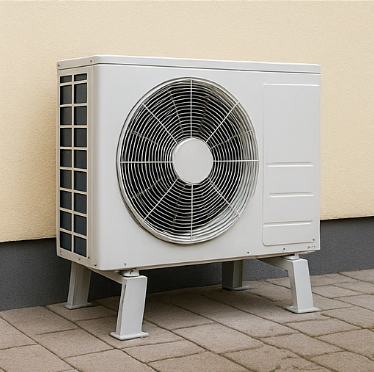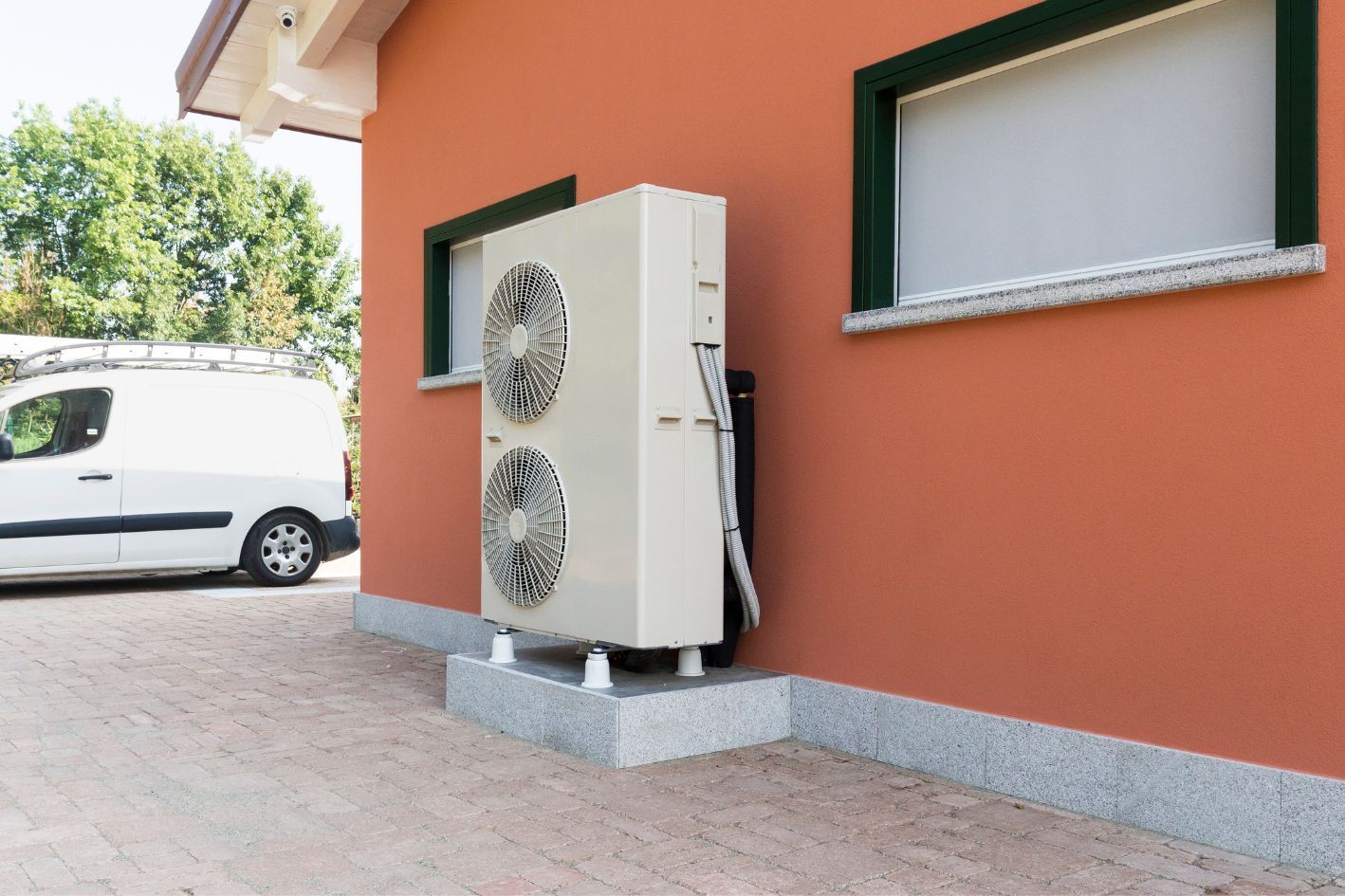Air Source Heat Pumps in Laboratories: Maintaining Precise Temperature Control
Air Source Heat Pumps in Labs: Ensuring Accurate Temperature Regulation
Home heating technology has advanced significantly in recent years, with air-source heat pumps leading the charge toward more efficient and sustainable options. When combined with conventional systems in hybrid heating arrangements, homeowners gain remarkable flexibility and efficiency that single-technology solutions cannot match.
What Makes Hybrid Systems Special
A hybrid system combines an air source heat pump with a traditional heating method, typically a gas or oil furnace. This combination enables the system to automatically select the most efficient heating source based on current conditions, thereby maximising performance while minimising costs.
During mild to moderate temperatures, the highly efficient
heat pump handles the heating load by extracting warmth from the outdoor air, even when temperatures drop near freezing. When extreme cold arrives, the system seamlessly switches to the conventional furnace, ensuring comfort without the efficiency loss that heat pumps might experience in severe conditions.
Financial Benefits That Make Sense
The initial investment in
hybrid heating typically pays off through substantial energy savings. Most homeowners see heating bills reduced by 30-50% compared to conventional systems alone. These
energy-efficient solutions often qualify for attractive rebates and tax incentives, further improving the financial equation.
With the ability to select the most economical fuel source in real-time,
hybrid heat pumps protect against price volatility in any single energy market—whether electricity, natural gas, or oil.
Environmental Advantages Worth Considering
Heat pump technology significantly reduces carbon emissions compared to traditional heating methods. By using electricity to move heat rather than generating it through combustion, these systems dramatically lower a home’s carbon footprint.
The
environmental impact improves further when paired with renewable electricity sources such as solar panels, creating a genuinely sustainable heating solution.
Practical Installation Considerations
Most existing homes can be retrofitted with
hybrid systems without significant modifications. Professional installers can integrate new components with existing ductwork and infrastructure, making the transition straightforward for homeowners.
Modern heat pump systems are designed to operate quietly and reliably, featuring smart controls that optimise performance based on actual conditions and homeowner preferences, delivering both comfort and efficiency.












